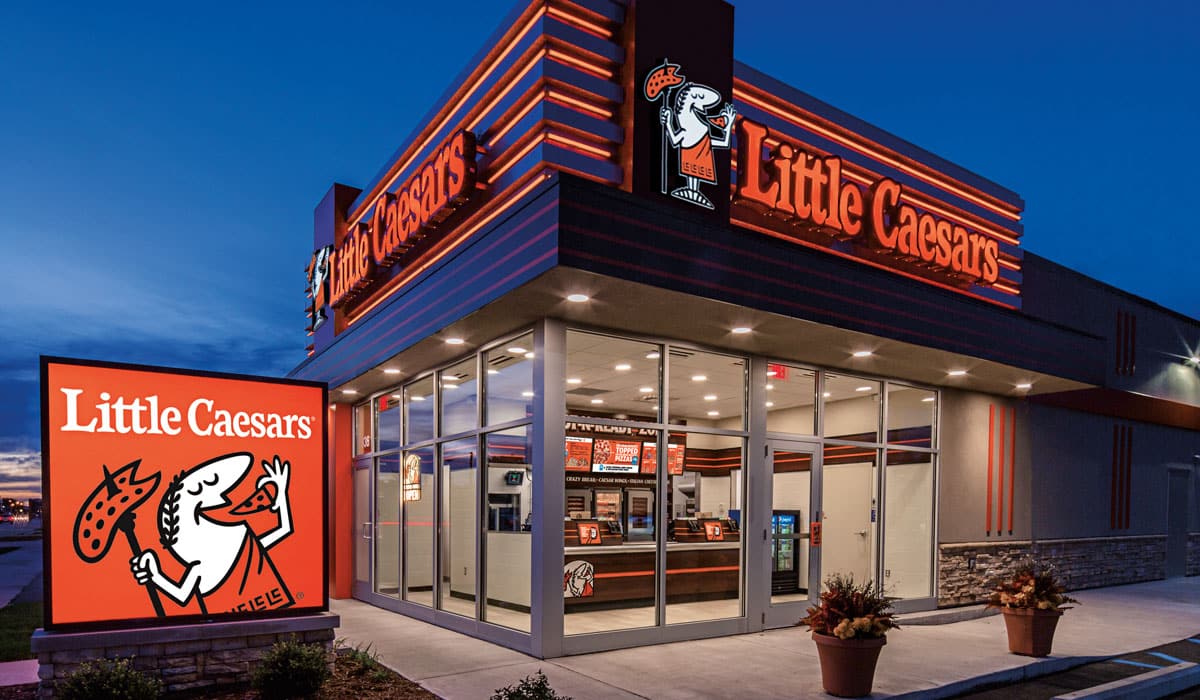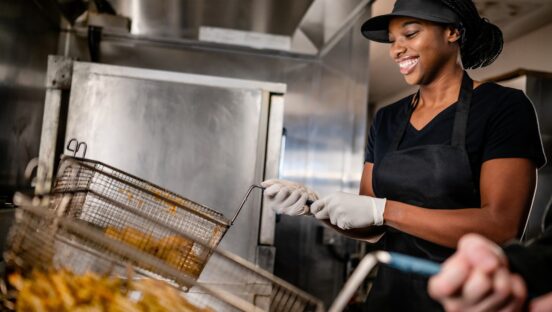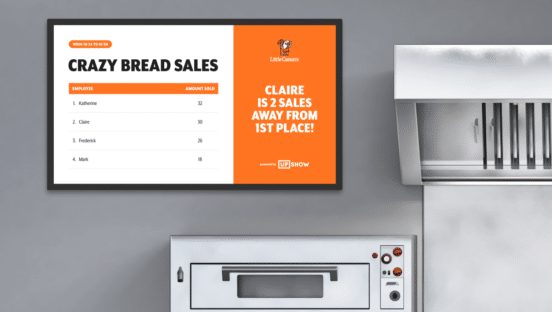Though the COVID-19 pandemic presented challenges for the entire restaurant industry, the quick-service pizza segment has fared far better than most. That is because the measures of success in 2020 and beyond are written in the pizza business’s DNA.
“Pizza is a fun family eating occasion,” says Craig Sherwood, vice president of U.S. development at Little Caesars, “and, given the contactless pickup and delivery options already built into the system—particularly ours—it’s an ideal category to operate in now.”
As the third-largest pizza chain in the world, Little Caesars has differentiated itself from other pizza chains with cost-effective yet high-quality products, starting with the brand’s commitment to making its own dough in-house. Further distinction also stems from the brand’s Hot-N-Ready® model, which for years has allowed customers to purchase a cheese or pepperoni pizza that was immediately ready at any location, rather than having to wait for orders to be taken and prepared.
However, several new initiatives have helped bolster the brand’s success over the past couple of years. For example, Little Caesars recently introduced its Reserve-N-Ready™ system, which allows customers to place, customize, and pay for orders on the Little Caesars app or website and use a QR code to open a door in the store’s Pizza Portal® pickup—the first heated, self-service mobile order pick-up station in the quick-service restaurant industry.
“By keeping orders in heated compartments, we provide a completely contactless experience, and users have already paid, so they are in and out quickly,” Sherwood says.
Additionally, the brand launched its delivery service in partnership with DoorDash last January and announced the initiative during the 2020 Super Bowl—a fortunately timed move that helped drive business throughout the pandemic.
Now, Little Caesars seeks new franchise candidates to expand its footprint in every state in the country, particularly in northeastern states such as New York, New Jersey, Connecticut, and Massachusetts. Sherwood says franchisees can expect onboarding training, corporate support from a variety of areas, including construction, operations, and marketing, among others, and open lines of communication between franchisees and executive leadership.
Sherwood says Little Caesars is looking for franchisees who embody the company’s family culture, have a passion for quality and hospitality, and who are involved in their communities, as well as with multi-concept franchise groups. He also notes that the brand often works with first responders and veterans through its Veteran’s Program.
“Our system and the support we offer to franchisees is comprehensive,” Sherwood says. “Our founder made it clear that franchisees are part of the family, so we offer ample support to make everyone in the organization successful.”
Learn how to become a Little Caesars franchisee at Franchise.LittleCaesars.com.













